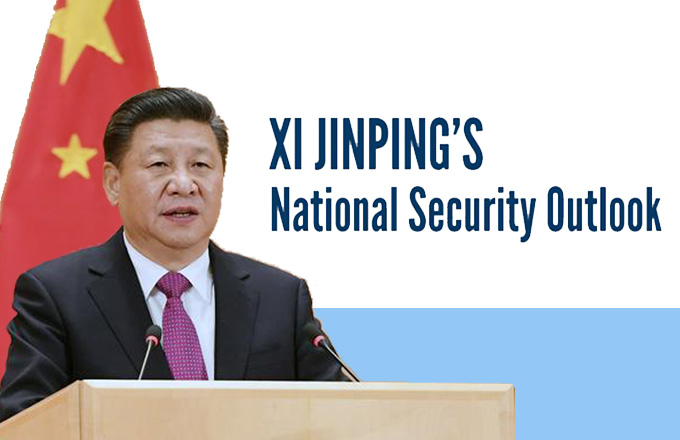Chinese web novels create reading frenzy among foreigners
BEIJING -- Two years ago Htike Lwin Ko read a Chinese novel set in the age of chivalry, complete with elements of time travel, martial arts and romance and was immediately hooked.
A PhD student from Myanmar at Minzu University, his favorite serials have become such a part of his life that he now translates them into Burmese.
"Online novels are much less compartmentalized than conventionally published ones. Novelists have freedom to place their stories in any setting or cultural background. It's very interesting," he said.
READING FRENZY
Htike Lwin Ko is one of a growing number of foreign readers of Chinese web novels. Most novels are published as serials and regularly updated, sometimes continuing for years. They are rarely published as completed works.
One French fan came to China for two months of intensive martial arts training after reading Chinese web novels for years.
"I decided to make this trip to reflect on my Dao," User "JordanFr" commented on March 29 in Wuxiaworld.com, a major web novel translation forum.
An American man even claimed that reading Chinese online novels had cured his drug addiction, according to a report on thebeijinger.com in early April.
The reading frenzy is partly driven by flourishing translation forums like Wuxiaworld.com. Founded in December 2014, Wuxiaworld boasts more than three million page views each day. "A Record of a Mortal's Journey to Immortality," "A Will Eternal" and "Absolute Choice" are high on the site's active reading list.
There are hundreds of such online forums and sites. Driven by readers, online sites have encouraged a range of genres. The most popular genres are Wuxia (martial heroes), Xianxia (immortal heroes) and Xuanhuan (fantasy featuring adventures and wars).
"It's not hard to understand Chinese web novels. For example, fantasy stories and novels related to power struggles in palaces are global topics," said Jongmay Urbonya, an American student in China.
Another web user named "Bookworm" commented on Wuxiaworld that Westerners have become tired of Japanese manga and novels, "so they looked for alternatives. Chinese novels have completely different stories."
His view was echoed by online novelist Li Ruibin who is well-known under her pen name Qinlyu.
"We felt curious when 'Harry Potter' and 'The Lord of the Rings' were first introduced to China. Similarly, foreign audiences are interested in the Chinese culture and history in our novels," Li said, adding that her concern is whether current popularity can be maintained in the long run.
QUALITY & COPYRIGHT
"Chinese online literature has a cultural charm and is easily accessible to young foreign audiences. It is a good channel to promote Chinese culture," said Wu Wenhui, CEO of China Reading, a leading authorized digital reading platform.
Some critics dismiss web novels as junk without any deep meaning compared with traditional works.
"Some online novelists sacrifice quality for speed updates. Low-quality writing with repetitive structure, monotonous plots and vulgar language will not survive long," said Han Haoyue, writer and cultural critic.
Online literature also faces problems with plagiarism and intellectual property rights (IPR).
According to a report by China Internet Network Information Center in January, some 333 million people, or 45.6 percent of China's Internet user base, read web literature in 2016.
In such a big marketplace, piracy means huge losses as web novels can be adapted into productions, such as games, films and TV drama.
China Reading is trying to license online novels to film studios, game developers and book publisher while protecting IPR.
Wuxiaworld.com has already reached an agreement with China Reading on copyright authorization of some novels.
"At home and abroad, Chinese online literature has long been troubled by piracy. Fixing the problem needs the participation of the public and better implementation of current laws and regulations," said Wu.



















